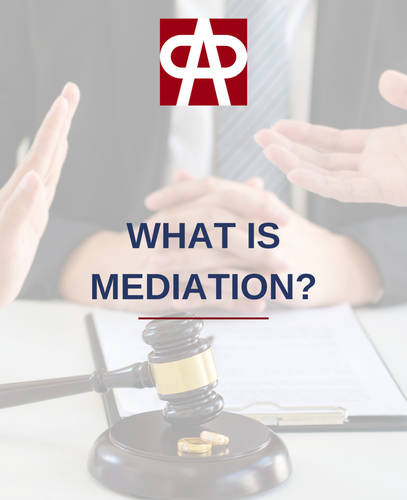
As a useful form of alternative dispute resolution (ADR), mediation enables parties to engage in confidential settlement discussions facilitated by a neutral third party. Unlike traditional court proceedings, mediation does not rely on a legal ruling given by a judge or jury. Instead, the mediator (who is often chosen by mutual agreement) facilitates an opportunity to reach a resolution outside of a contested court venue.
Mediation offers several benefits, including:
The cost of mediation varies depending on a variety of factors, including the complexity of the case and the mediator’s fees. Regarding fees, the parties typically share the costs of mediation, although it is possible to negotiate a different arrangement beforehand. Overall, mediation is generally less expensive than litigation, as it involves fewer procedural formalities and is typically resolved more quickly.
While mediation is often quicker and less expensive, it still requires thorough preparation. Key steps in preparing for mediation include:
The non-binding nature and confidentiality of mediation are its key defining characteristics. In other words, a party is not forced or required to accept the outcome of a mediation; rather, the parties agree to engage in mediation out of a good faith desire to attempt to resolve their dispute. Arbitration, on the other hand, is a binding process that is more akin to a trial court proceeding, although less formal and subject to rules and procedures that generally expedite resolution of the parties’ claims.
Individuals and businesses facing exposure to liability or that seek redress may achieve their objectives outside of contested litigation by seeking resolution through mediation.
Disclaimer: The information provided on this article is for educational purposes only and is not intended as legal advice. Every case or situation is unique, and you should consult with a licensed attorney before taking any action. No attorney-client relationship is formed by downloading or reading this article.
Posted September 13, 2024
